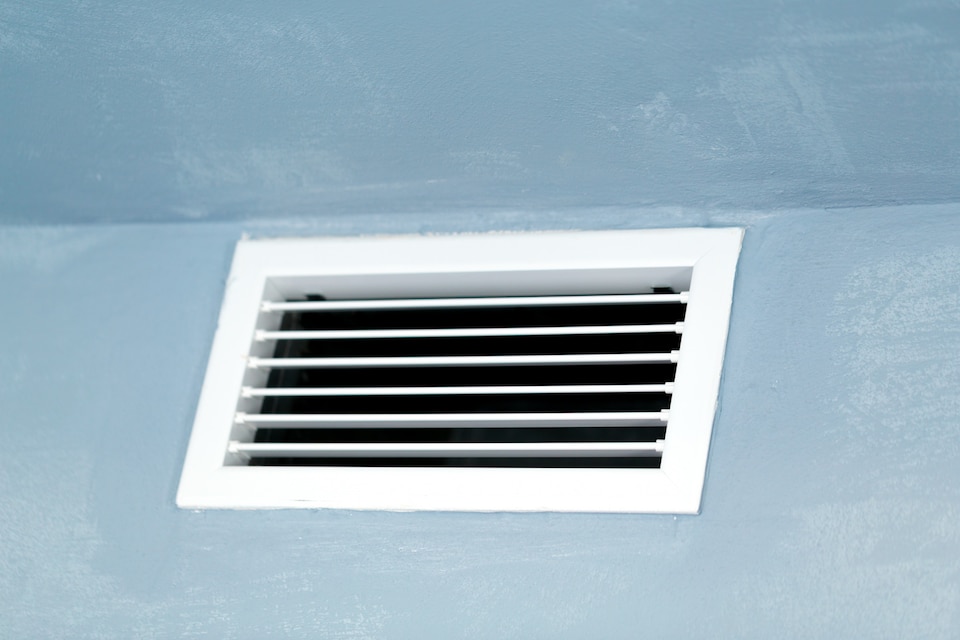Maintaining clean air in your home is essential, especially if you have family members who are prone to allergies. One of the most effective ways to ensure cleaner air is by regularly replacing your air filter. The air filter traps dust, pollen, and other allergens, preventing them from circulating through your home. Neglecting your air filter can lead to poor indoor air quality and exacerbate allergy symptoms.
Understanding the Importance of Air Filter Replacement
Regular air filter replacement is crucial for maintaining high indoor air quality, particularly in allergy-prone homes. The primary function of an air filter is to capture airborne particles such as dust, pollen, pet dander, and other allergens. Over time, the filter becomes clogged with these particles, reducing its efficiency and allowing more allergens to circulate through your home.
A clogged air filter impedes the airflow of your HVAC system, forcing it to work harder. This not only increases energy consumption but also puts unnecessary strain on the system, potentially leading to more frequent repairs. By replacing the air filter on a regular basis, you ensure your HVAC system operates at peak efficiency, providing better air quality and extending the system’s lifespan.
Furthermore, clean air filters contribute to a healthier living environment. For allergy sufferers, reducing the number of allergens in the air is essential for minimizing symptoms. Consistently replacing air filters can help alleviate respiratory issues, making your home a more comfortable place for those with allergies.
Choosing the Right Air Filter for Allergy-Prone Homes
Selecting the appropriate air filter is vital for improving air quality in homes with allergy sufferers. The first step is understanding the different types of air filters available. There are several options, including fiberglass filters, pleated filters, and HEPA filters. Each type has its own benefits and suitability for different needs.
Fiberglass filters are the most basic type and are generally not recommended for homes with allergy sufferers, as they have a low MERV rating. Pleated filters offer a higher level of filtration and are more effective at capturing smaller particles. HEPA filters are the gold standard, capable of trapping 99.97% of particles as small as 0.3 microns. For allergy-prone homes, HEPA filters are often the best choice.
Consider the MERV rating when choosing an air filter. MERV stands for Minimum Efficiency Reporting Value. A higher MERV rating indicates a filter that can capture smaller particles more effectively. Allergy sufferers should look for filters with a MERV rating of 8 or higher. By selecting the right air filter, you can significantly improve the air quality in your home, providing a healthier environment for your family.
Step-by-Step Guide to Replacing Your Air Filter
Replacing your air filter may seem like a daunting task, but it is simple and straightforward. Follow these steps to ensure a successful air filter replacement:
1. Turn Off Your HVAC System: Before you begin, switch off your HVAC system. This prevents dust and debris from being circulated while you change the filter.
2. Locate the Filter: The air filter is typically located in the return air duct or blower compartment of your HVAC unit. Open the access panel to gain access.
3. Remove the Old Filter: Carefully slide out the old filter and dispose of it. Take note of the filter’s size and orientation, as you will need to replace it with a new filter that matches these specifications.
4. Insert the New Filter: Insert the new filter into the slot, making sure it is facing the correct direction. The arrows on the filter frame should point in the direction of the airflow.
5. Close the Access Panel: Once the new filter is securely in place, close the access panel.
6. Turn On Your HVAC System: Finally, turn your HVAC system back on and ensure it is operating correctly.
By following these steps, you can easily replace your air filter and maintain a healthier indoor environment.
Ongoing Maintenance Tips for Optimal Air Quality
Maintaining optimal air quality requires consistent attention to your HVAC system and air filters. Here are some tips to help you keep your home’s air clean and allergen-free:
1. Regular Filter Checks: Check your air filter at least once a month, especially during peak seasons when your HVAC system is in heavy use. Replace the filter every 1-3 months, depending on the type and manufacturer’s recommendations.
2. Schedule Professional Inspections: Regular inspections by our professionals ensure your HVAC system is functioning efficiently. They can identify potential issues before they become major problems and recommend the best air filter options for your home.
3. Keep Vents and Ducts Clean: Dust and debris can accumulate in your vents and ducts, compromising air quality. Periodically clean vents and consider scheduling professional duct cleaning when necessary.
4. Maintain Humidity Levels: Keeping indoor humidity levels between 30-50% helps reduce the growth of mold and dust mites, which can aggravate allergies.
5. Monitor Air Quality: Use indoor air quality monitors to keep track of pollutant levels. These devices can alert you when air quality deteriorates, prompting timely air filter replacements or adjustments.
By adhering to these maintenance tips, you can ensure your home’s air remains clean and suitable for allergy-prone family members.
Conclusion
Air filter replacement plays a crucial role in maintaining a healthy living environment, particularly for allergy-prone individuals. Understanding the importance of regular air filter changes, selecting the right type of filter, and knowing how to replace it can significantly improve your home’s air quality. Moreover, ongoing maintenance and routine checks ensure that your HVAC system operates efficiently, providing clean air consistently.
For comprehensive assistance with air filter replacement in Rockwall, TX, trust the experts at One Hour Heating & Air Conditioning. Our professionals are dedicated to helping you create a healthier and more comfortable home. Contact us today to schedule a service appointment and take the first step toward better air quality.











